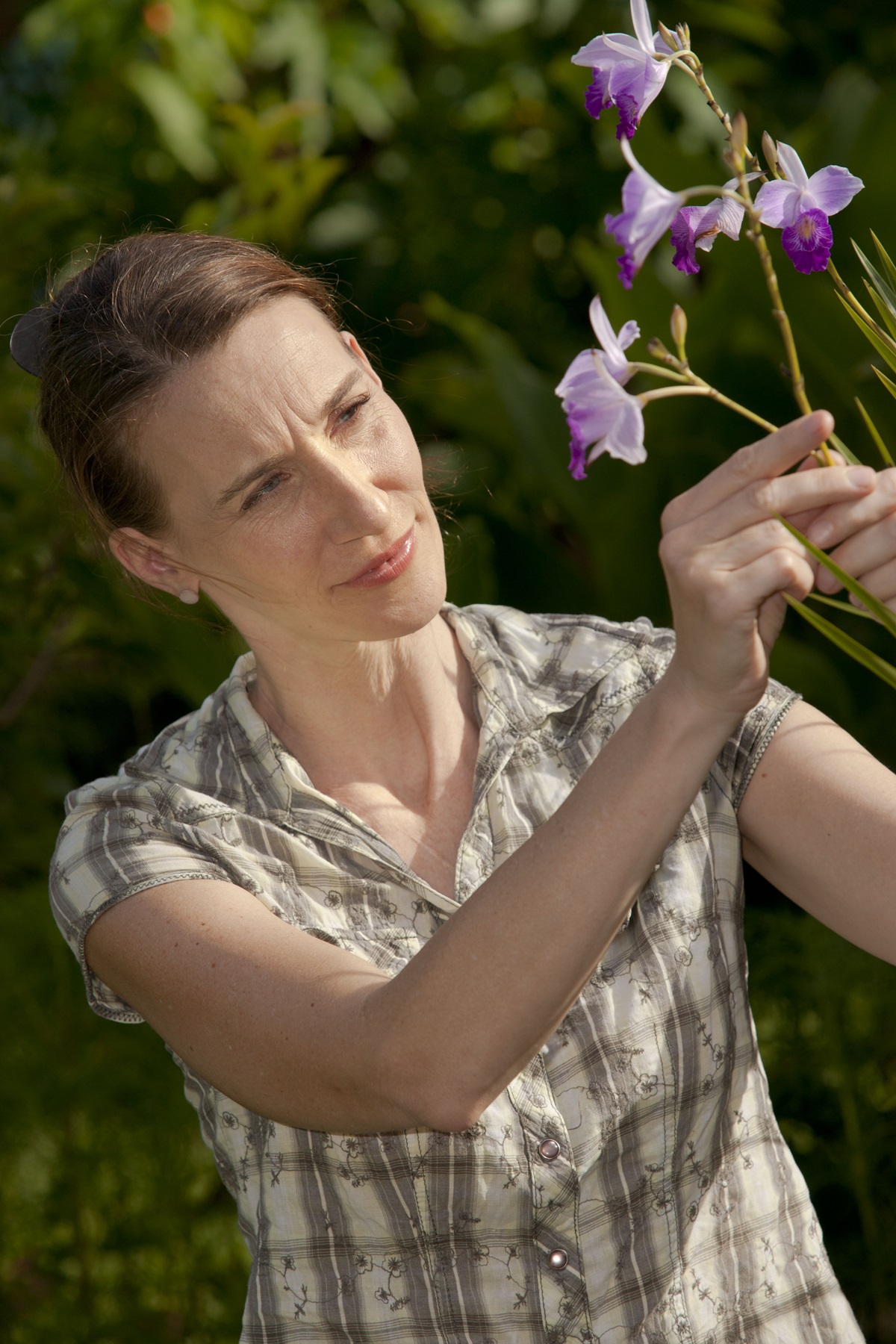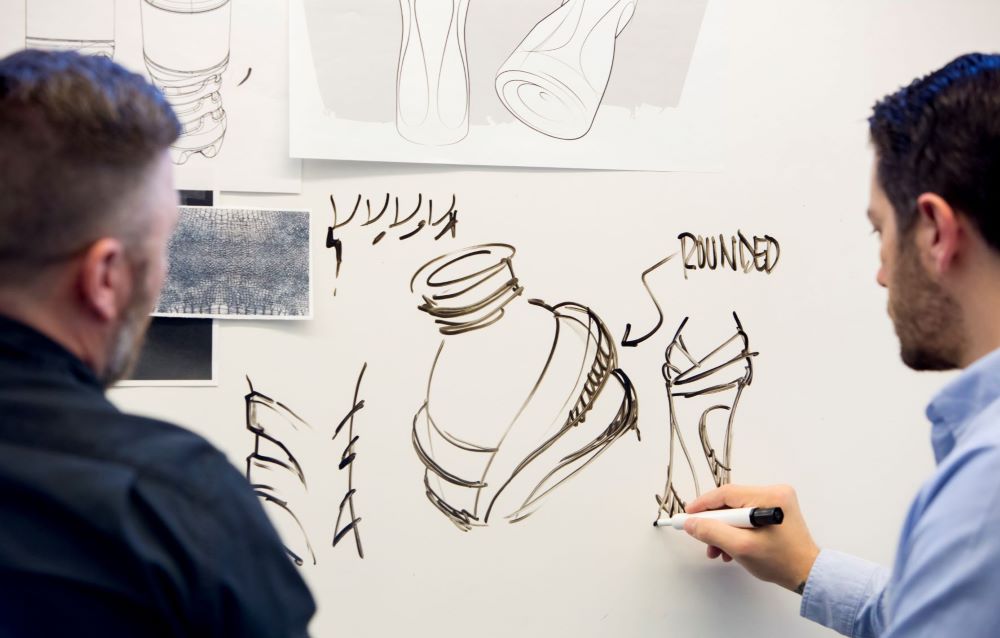An eight-year-old child from rural NSW was so worried for his father’s safety during the Black Summer bushfires that he developed a severe anxiety disorder, according to child and adolescent psychiatrist, Dr Cybele Dey.
While he recovered with support from his parents and community, and psychological treatment, his anxiety disorder returned during the floods that followed the fires – worsening to the point where he was curled on the floor, barely speaking and not eating.
Dr Dey said this was just one example of the increasing severity of extreme weather events having a significant effect on children’s mental health.
That’s why the Climate Change and Child Health session will be held, this Saturday the 9th of April, at the Academy of Child and Adolescent Health (ACAH) 2022 Conference.
Gamechangers in Child and Adolescent Health will examine how health professionals can work together to improve and protect children’s health in the face of climate change, with a line-up of medical experts, First Nations and youth leaders speaking at the event.
According to Professor Fiona Stanley, a leading Australian epidemiologist on the panel; Australia’s top medical researchers and practitioners agree that climate change is the biggest health challenge of the 21st century.
“Climate change is our greatest health challenge – we must act to protect future generations,” Prof Stanley said.
General practitioner Dr Kim Loo – who will be speaking at the event – has been leading the way in increasing awareness and solving the health problems from climate change in her community and beyond.
“Children are among the most vulnerable to extreme heat, and temperatures in Western Sydney are much worse due to the urban heat-island effect,” Dr Loo said.
Dr Dey said children born today will experience seven times as many extreme weather events in their lifetime as their grandparents.
“While the increasing floods and bushfires are very visible, and increased children’s rates of anxiety disorders, depression and post-traumatic stress disorder, the mental health impacts of extreme heat are very serious,” she said.
“Suicide is already the leading cause of death for Australians aged 15-24 years and heatwaves will increase 85% in the next 3 decades if we take effective action and keep global warming to 1.5-2 degrees celsius, and much more if we don’t.”
Dr Dey said in Australia, protecting children and young people’s mental and physical health from the worst of climate change required accepting the scientific evidence and cutting fossil fuel emissions this decade.
“Seeing the Federal government take effective action in response to the IPCC and Australian medical colleges’ calls to protect mental and physical health from climate change would improve youth wellbeing and reduce this profound sense of betrayal,” she said.








